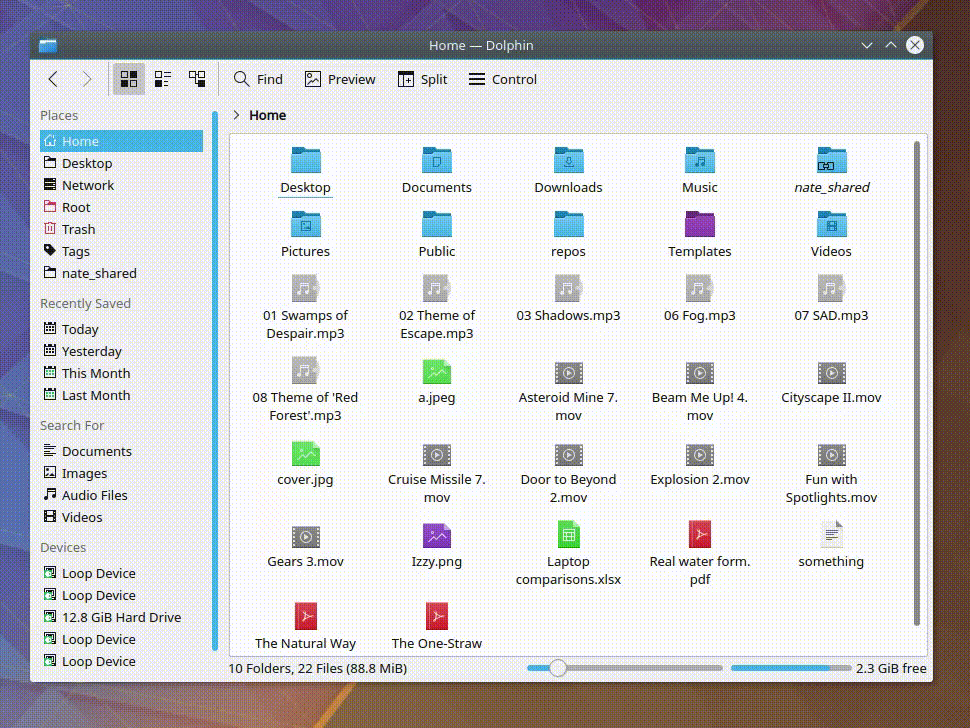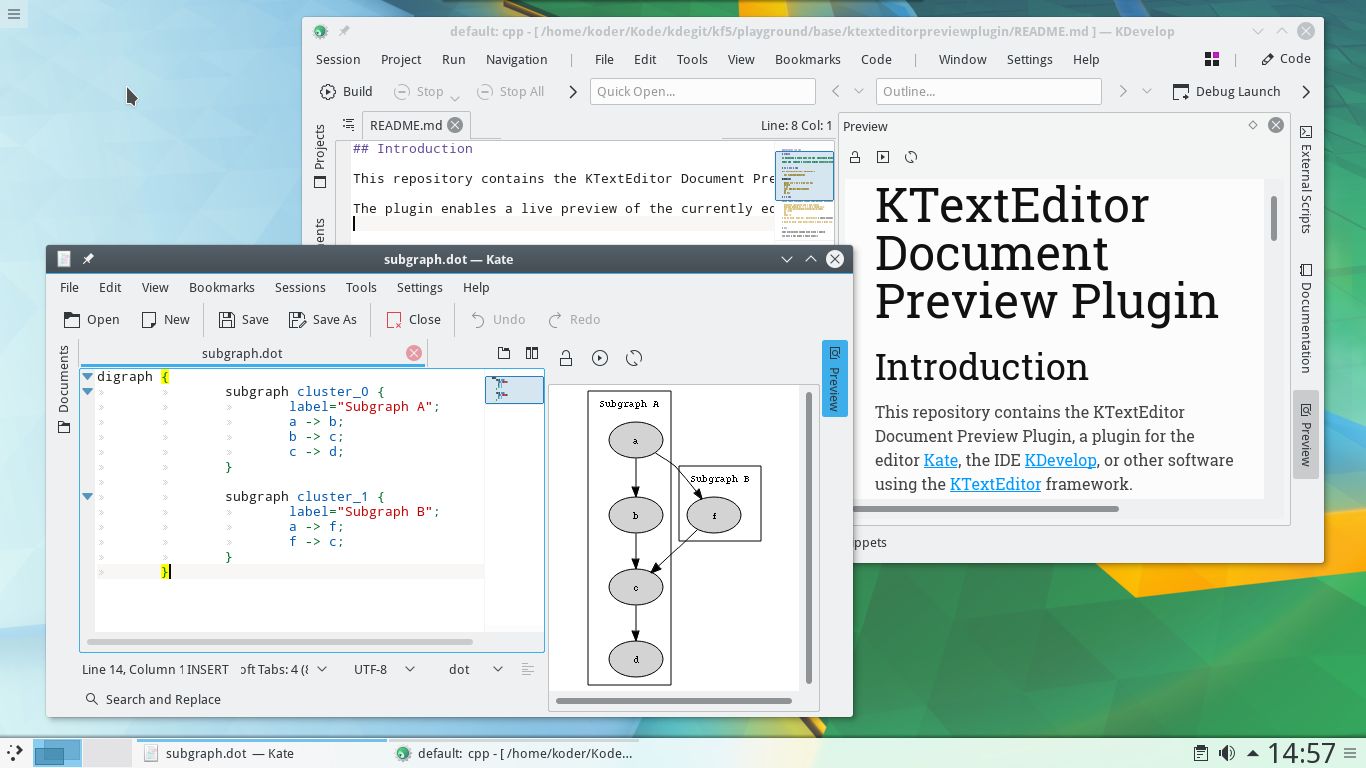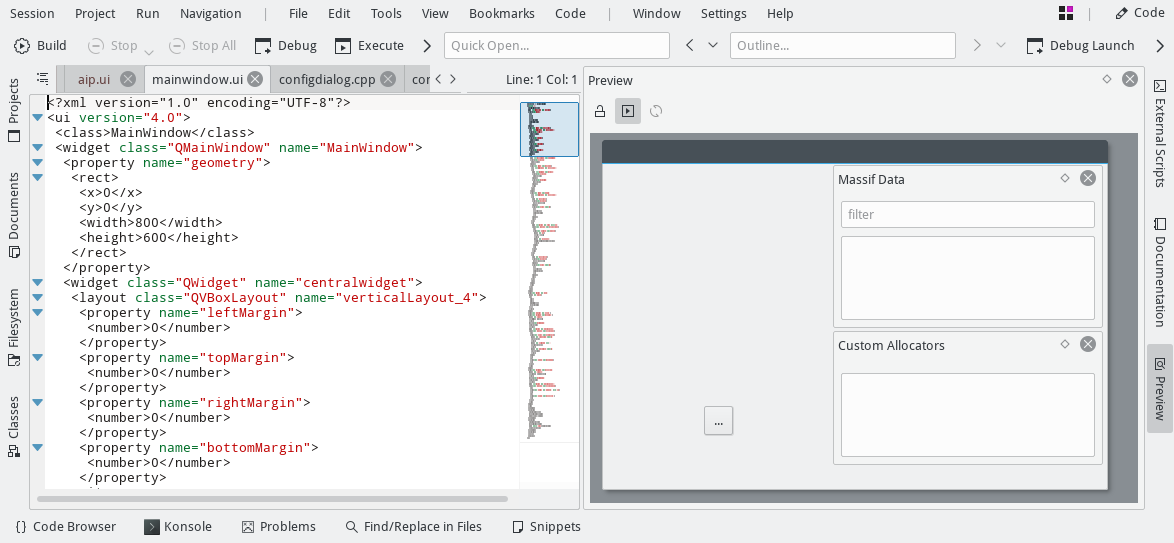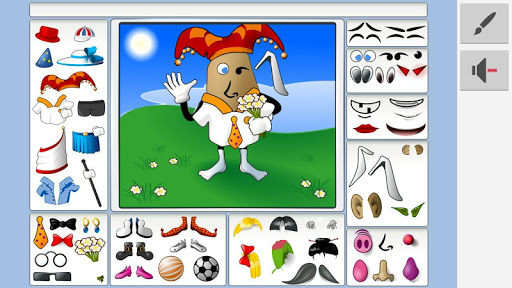KDE veröffentlicht die KDE-Anwendungen 17.12.0
14 Dezember 2017. KDE veröffentlicht heute die KDE-Anwendungen 17.12.0.
We continuously work on improving the software included in our KDE Application series, and we hope you will find all the new enhancements and bug fixes useful!
Neu in den KDE-Anwendungen 17.12
System

Dolphin, our file manager, can now save searches and limit the search only to folders. Renaming files is now easier; simply double click on the file name. More file information is now at your hands, as the modification date and origin URL of downloaded files are now displayed in the information panel. Additionally, new Genre, Bitrate, and Release Year columns have been introduced.
Grafik
Our powerful document viewer Okular gained support for HiDPI displays and Markdown language, and the rendering of documents that are slow to load is now shown progressively. An option is now available to share a document via email.
Gwenview image viewer can now open and highlight images in the file manager, zooming is smoother, keyboard navigation has been improved, and it now supports the FITS and Truevision TGA formats. Images are now protected from being accidentally removed by the Delete key when they are not selected.
Multimedia
Kdenlive now uses less memory when handling video projects which include many images, default proxy profiles have been refined, and an annoying bug related to jumping one second forward when playing backward has been fixed.
Dienstprogramme

Ark's zip support in the libzip backend has been improved. Kate has a new Preview plugin that allows you to see a live preview of the text document in the final format, applying any available KParts plugins (e.g. for Markdown, SVG, Dot graph, Qt UI, or patches). This plugin also works in KDevelop.
Entwicklung

Kompare now provides a context menu in the diff area, allowing for quicker access to navigation or modification actions. If you are a developer, you might find KUIViewers' new in-pane preview of UI object described by Qt UI files (widgets, dialogs, etc) useful. It now also supports KParts streaming API.
Büroprogramme
The Kontact team has been hard at work improving and refining. Much of the work has been modernizing the code, but users will notice that encrypted messages display has been improved and support has been added for text/pgp and Apple® Wallet Pass. There is now an option to select IMAP folder during vacation configuration, a new warning in KMail when a mail gets reopened and identity/mailtransport is not the same, new support for Microsoft® Exchange™, support for Nylas Mail and improved Geary import in the akonadi-import-wizard, along with various other bug-fixes and general improvements.
Spiele

KTuberling can now reach a wider audience, as it has been ported to Android. Kolf, KsirK, and Palapeli complete the porting of KDE games to Frameworks 5.
Weitere Portierungen zu KDE Frameworks 5
Even more applications which were based on kdelibs4 have now been ported to KDE Frameworks 5. These include the music player JuK, the download manager KGet, KMix, utilities such as Sweeper and KMouth, and KImageMapEditor and Zeroconf-ioslave. Many thanks to the hard-working developers who volunteered their time and work to make this happen!
Applications moving to their own release schedule
KStars now has its own release schedule; check this developer's blog for announcements. It is worth noting that several applications such as Kopete and Blogilo are no longer shipped with the Application series, as they have not yet been ported to KDE Frameworks 5, or are not actively maintained at the moment.
Bug Stomping
Mehr als 110 Fehler in Kontact, Ark, Dolphin, Gwenview, K3b, Kate, Kdenlive, Konsole, Okular, Umbrello und weiteren Anwendungen wurden behoben.
Vollständiges Änderungsprotokoll
If you would like to read more about the changes in this release, head over to the complete changelog. Although a bit intimidating due to its breadth, the changelog can be an excellent way to learn about KDE's internal workings and discover apps and features you never knew you had.
Sagen Sie es weiter
Nicht-technische Mitwirkende sind ein wichtiger Teil des Erfolgs von KDE. Während proprietäre Softwarefirmen riesige Werbebudgets für neue Software-Veröffentlichungen haben, ist KDE darauf angewiesen, dass Menschen mit anderen Menschen sprechen. Selbst für diejenigen, die keine Software-Entwickler sind, gibt es viele Möglichkeiten, die Veröffentlichung von KDE-Anwendungen zu unterstützen. Berichten Sie Fehler. Ermutigen Sie andere, sich der KDE Gemeinschaft anzuschließen. Oder unterstützen Sie die Non-Profit-Organisation hinter der KDE-Gemeinschaft.
Bitte verbreiten Sie die Nachricht im sozialen Netz. Senden Sie Neuigkeiten an Nachrichtenseiten, nutzen Sie Kanäle wie delicious, digg, reddit und twitter. Laden Sie Bildschirmfotos Ihrer neuen Einrichtung auf Dienste wie Facebook, Flickr, ipernity und Picasa hoch und posten Sie sie in entsprechenden Gruppen. Erstellen Sie Bildschirmaufzeichnungen und laden Sie diese auf YouTube, Blip.tv und Vimeo hoch. Bitte kennzeichnen Sie Beiträge und hochgeladenes Material mit „KDE“. Das macht sie leicht auffindbar und gibt dem KDE-Promo-Team eine Möglichkeit, die Berichterstattung über diese Veröffentlichung von KDE-Anwendungen zu analysieren.
Binärpakete für KDE-Anwendungen installieren
Pakete
Einige Anbieter von Linux-/UNIX-Betriebssystemen haben dankenswerterweise Binärpakete der KDE-Anwendungen für einige Versionen Ihrer Distributionen bereitgestellt, ebenso wie freiwillige Mitglieder der Gemeinschaft. Zusätzliche binäre Pakete und Aktualisierungen der jetzt verfügbaren Pakete werden in den nächsten Wochen bereitgestellt.
Paketquellen
Eine aktuelle Liste aller Binärpakete, von denen das KDE-Projekt in Kenntnis gesetzt wurde, finden Sie im Community Wiki.
Kompilieren von KDE-Anwendungen
Der vollständige Quelltext der KDE-Anwendungen kann kostenlos und anonym heruntergeladen werden. Anweisungen zum Kompilieren und Installieren finden Sie auf der Infoseite der KDE-Anwendungen 17.12.0.
KDE unterstützen
KDE ist eine Gemeinschaft für Freie Software, die nur existiert und wächst, weil viele Freiwillige Zeit und Mühe aufbringen, um zu helfen. KDE sucht stets nach neuen Freiwilligen und Beitragenden, ganz gleich ob es um Hilfe bei der Programmierung, Fehlerbehebungen oder Fehlermeldungen, das Erstellen von Dokumentation, Übersetzungen, Werbung, Geld oder was auch immer geht. Alle Beiträge sind höchst willkommen und werden gerne angenommen. Für weitere Informationen lesen Sie bitte die Seite KDE Unterstützen oder werden Sie ein Unterstützer des KDE e.V. im Rahmen unserer Initiative Join the Game.
Über KDE
KDE ist ein internationales Technologie-Team, das freie Open-Source-Software für die Arbeitsfläche und Mobilgeräte erstellt. Zu KDEs Produkten zählen ein modernes Arbeitsflächen-System für Linux- und UNIX-Plattformen, leistungsfähige Lösungen für Office und Groupware sowie Hunderte von Software-Titeln in vielen Kategorien inklusive Internet- und Web-Anwendungen, Multimedia, Unterhaltung, Bildung, Grafik und Software-Entwicklung. KDE-Software wird in mehr als 60 Sprachen übersetzt und mit Benutzerfreundlichkeit und zeitgemäßer Zugänglichkeit im Hinterkopf entworfen. KDEs leistungsfähige Anwendungen laufen nativ unter Linux, BSD, Windows, Haiku und Mac OS X.
Markenzeichen-Hinweise.
KDE® und das „K Desktop Environment“®-Logo eingetragene Markenzeichen des KDE e.V..
Linux ist ein eingetragenes Markenzeichen von Linus Torvalds. UNIX ist ein eingetragenes Markenzeichen von „The Open Group “ in den Vereinigten Staaten und anderen Ländern.
Alle sonstigen Markenzeichen und Copyrights in dieser Ankündigung sind Eigentum ihrer jeweiligen Inhaber.
Pressekontakt
Brauchen Sie weitere Informationen, dann senden Sie uns eine E-Mail. press@kde.org